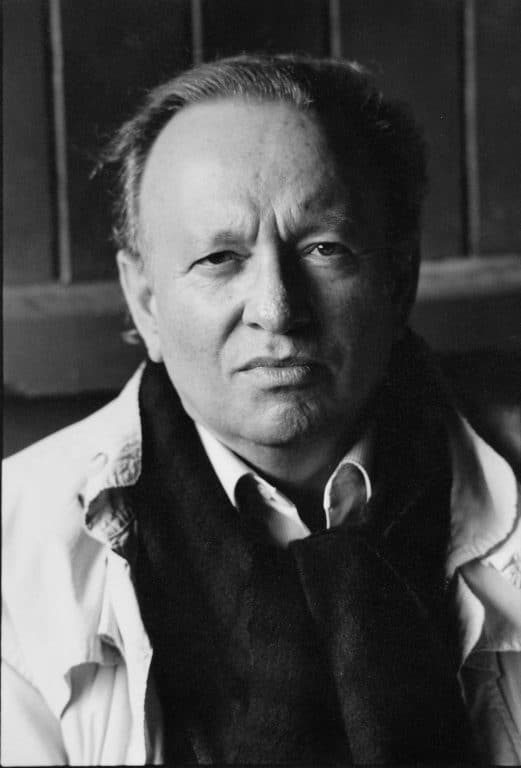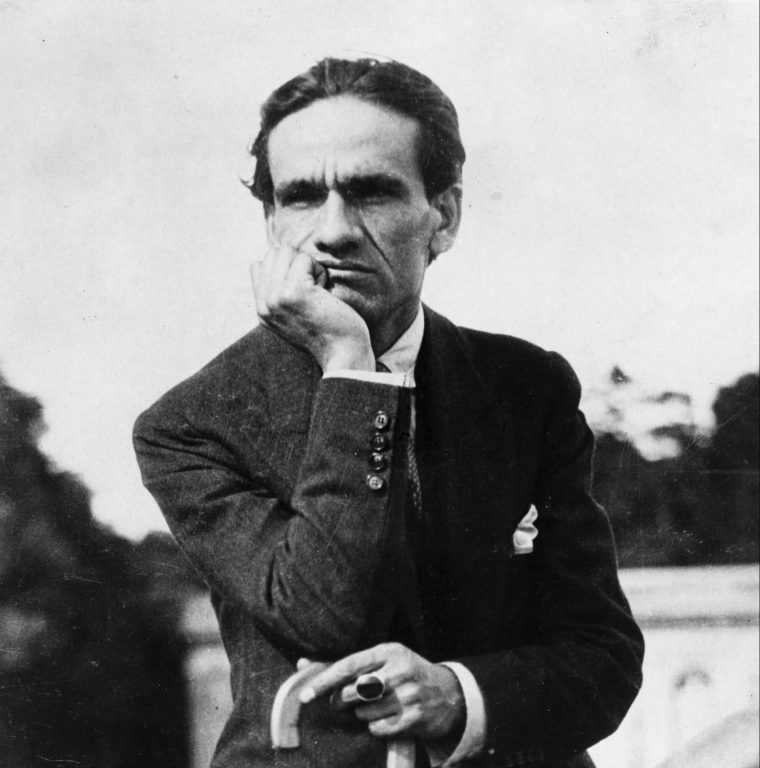When a poem addresses the reader using simple terms and a seemingly colloquial tone, do you more quickly warm to it than if the poem uses complex or obscure terms and phrases and a more formal voice? Is that the effect Matthew Rohrer achieves in “Second Poem For Theodore” … or does something else happen?
…
When a poem addresses the reader using simple terms and a seemingly colloquial tone, do you more quickly warm to it than if the poem uses complex or obscure terms and phrases and a more formal voice? Is that the effect Matthew Rohrer achieves in “Second Poem For Theodore” … or does something else happen?
“Just pretend my writing is like somebody else’s”
From the first line, the voice behind this poem sounds casual and self-effacing, although it’s too early to tell if that modesty is charming or intended otherwise. Then the contradictions start. If the narrator is urging the reader to not identify the writing (and is it the writing in this poem, or in some other piece?), why does the narrator then insist:
“I am deeply concerned about your opinion of me.”
The contradictions continue.
“I want to be an interesting story
none of you really remembers.”
Does the narrator have a fragile psyche, such that he does or doesn’t want readers (since he says “none of you”) to care specifically about him or his writing, or he does or doesn’t want readers to remember him, or only as a story, not a person? Is he capricious and temperamental, or is he downright not to be trusted? From a “nervous thing,” he dials it down to “nothing … nothing … an eternity of nothing”, and then, explosively, wants to foist a terrible cataclysm on everyone?
Isn’t it amazing how a few simple lines can conjure an intriguing, albeit unsettling being?




